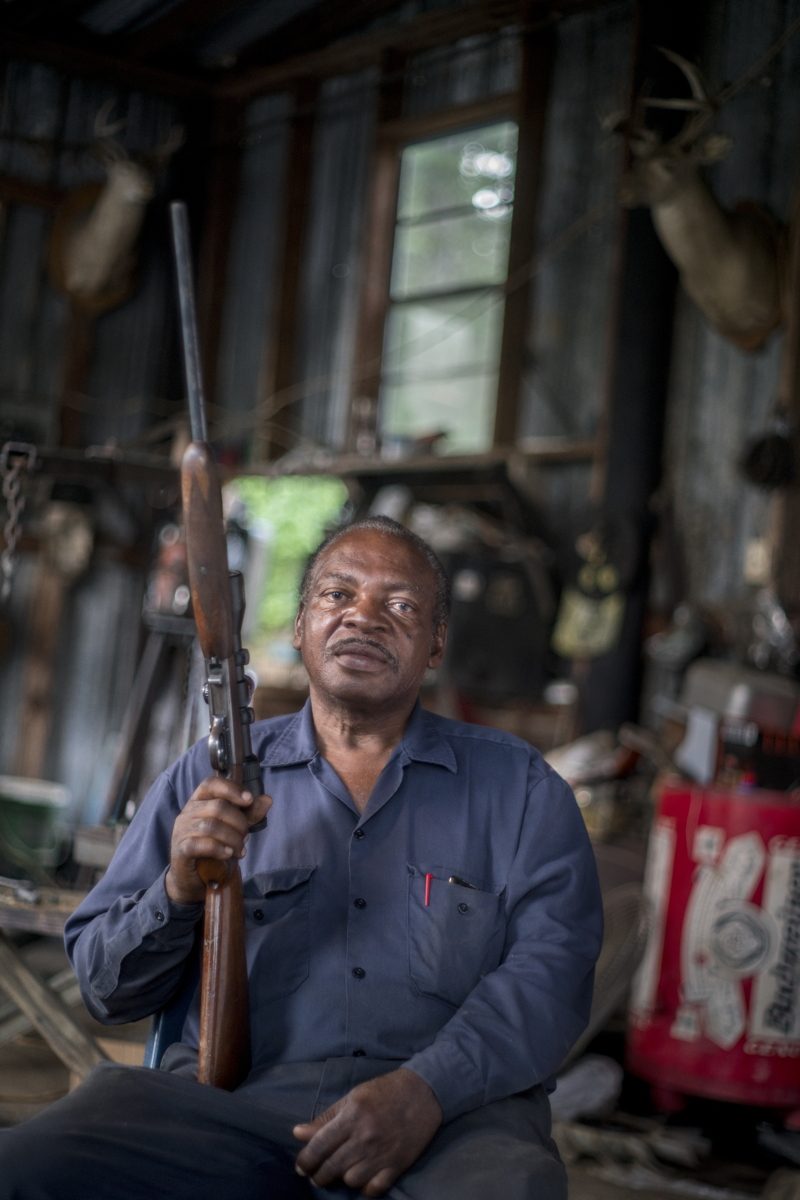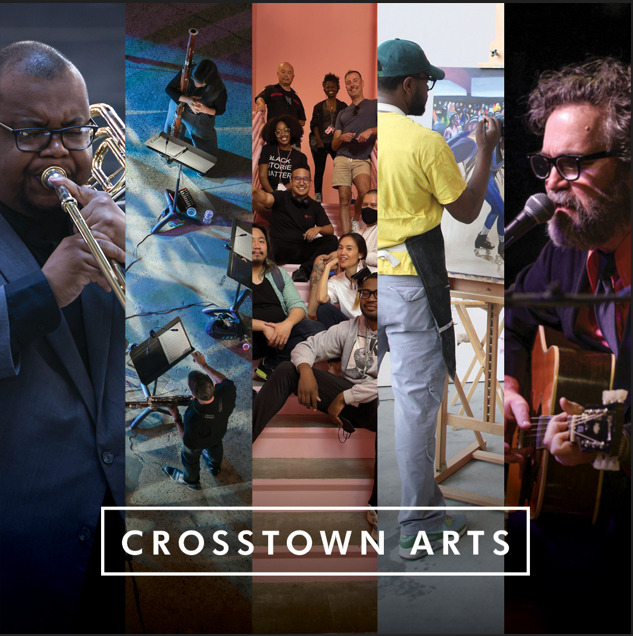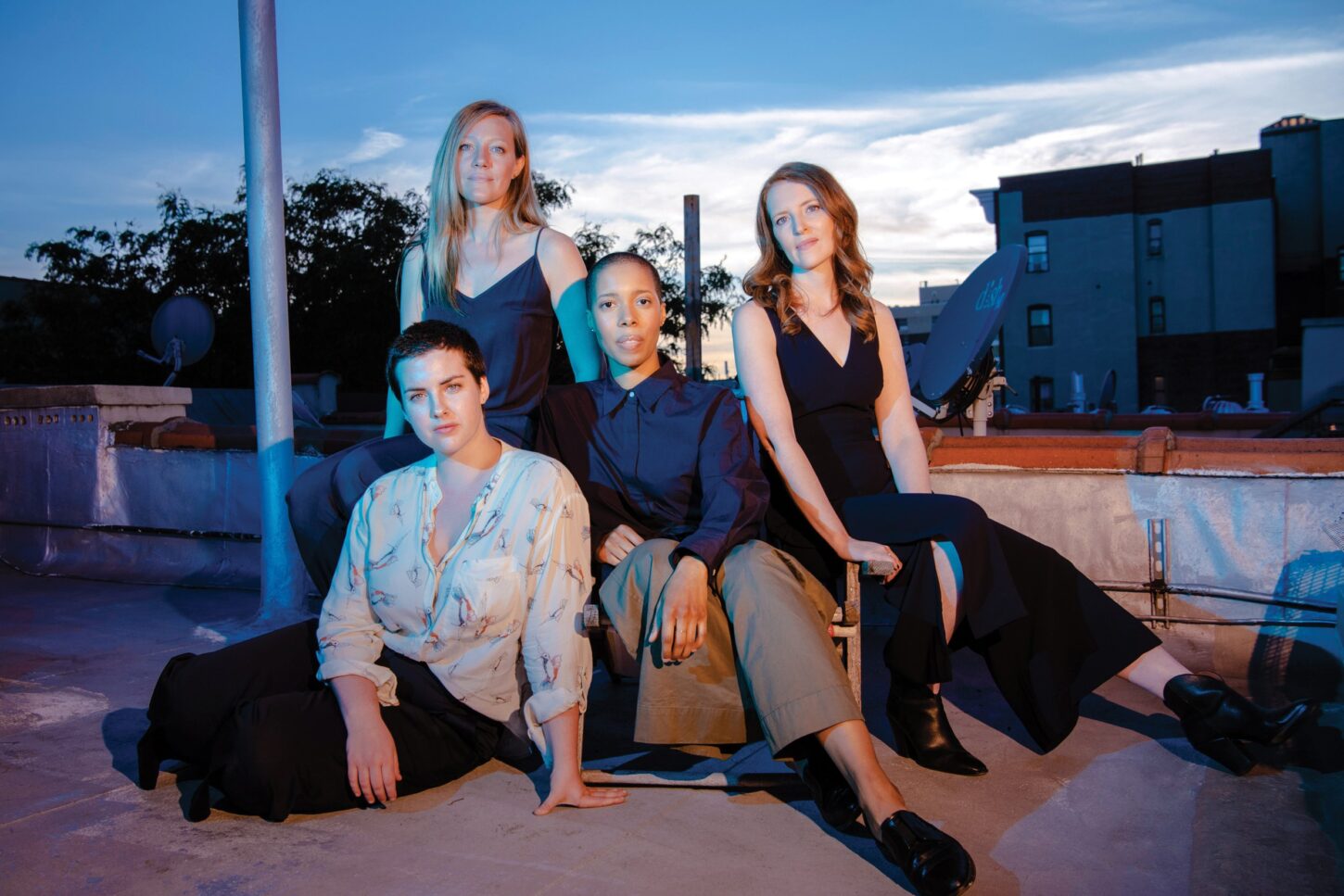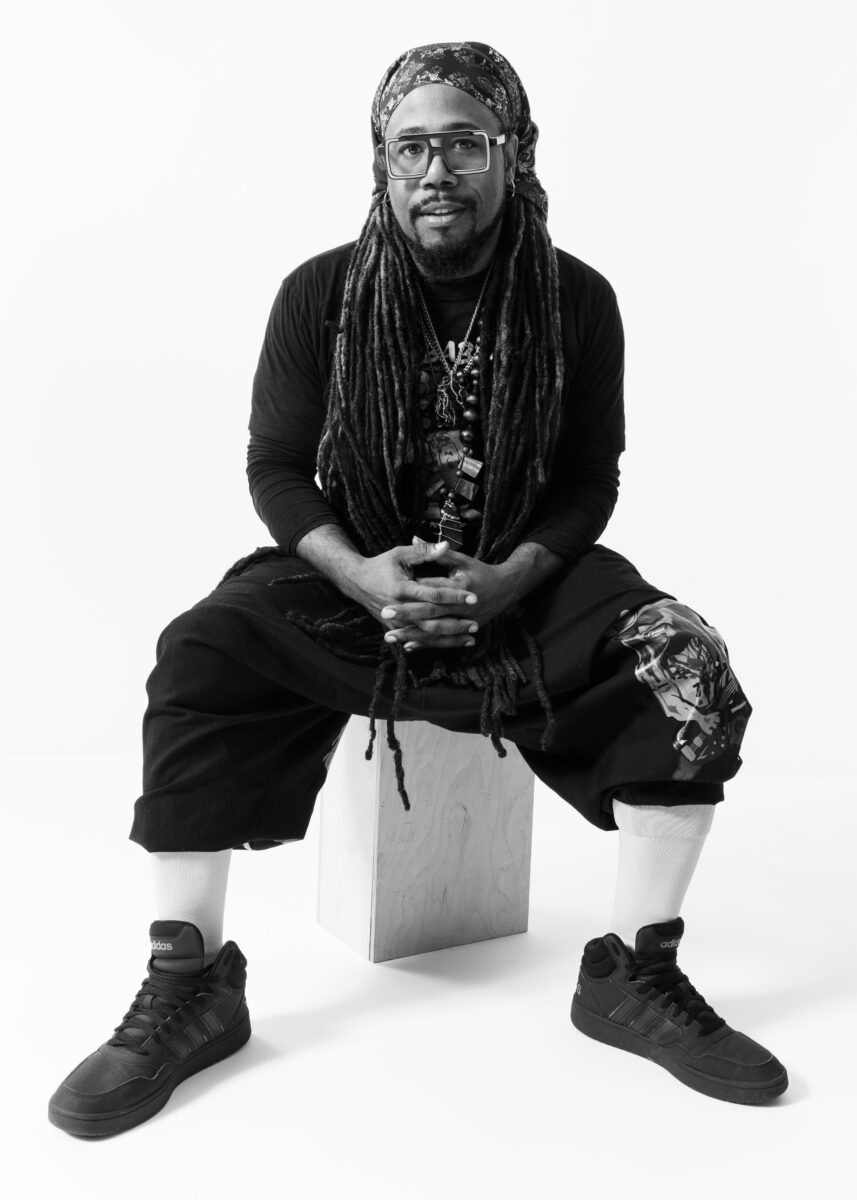
- This event has passed.
POSTPONED Willie Farmer with Tim Easton in The Green Room
05/05/20
7:30 pm – 9:30 pm
Related Events

This event is postponed until further notice.
Join us in The Green Room at Crosstown Arts for a performance by Mississippi bluesman Willie Farmer, with an opening set by Tim Easton.
Tickets: $15
Doors at 7pm | Performance at 7:30pm
Willie Farmer is living proof that Mississippi continues to produce deep blues. The 63-year-old guitarist is neither a soul modernist nor revivalist, but simply a small-town auto mechanic who’s never shaken his love for old school legends like Muddy, Wolf, and Lightnin’.
A lifelong resident of tiny Duck Hill, located in the hills east of the Delta, Farmer grew up on the family farm. He first took up the acoustic guitar in his early teens, and through picking cotton, soon saved up enough money to buy an electric instrument.
He played for audiences at home and at school events and learned about blues and R&B, mostly through listening to a powerful station out of Nashville. “John R of WLAC, that’s how I listened to Lightnin’ Hopkins, Howlin’ Wolf. That’s how I got my first album by Lightnin’ [The Fire Records LP Mojo Hand]. I got the address off the radio, and they sent it.”
“I learned Lightin’ pretty good. I can play all the up-to-date stuff now — B.B., Little Milton — but I like the old stuff; that’s the real blues. The blues they’re singing today, that ain’t blues to me; it just doesn’t have the feel.”
Willie’s father Alex, a harmonica player who helped young Willie tune his guitar, had played as a young man with his brothers, including Walter, who was recognized as one of the best guitarists to come out of the area.
In the early ‘50s, Walter played together with Leo “Bud” Welch, who grew up in the region. Sadly, Walter was killed in Chicago in 1964 — “a woman liked Walter, and a man got jealous and killed him” — and Willie never heard him play.
In his early ‘20s, Farmer joined a loos- knit band that played at juke joints across the area — in Duck Hill, Grenada, Kilmichael, and down in the Delta in Greenwood and Charleston. He eventually tired, though, of the rough-and-tumble clubs where “people liked to fight like crazy. ”
For about fifteen years, Farmer worked regularly with local semi-professional gospel groups, including the Rising Sun Singers, who appeared on TV and over the radio in Greenwood, the Angelettes, and, for nine years, the Grenada-based Silvertone Gospel Singers. In 2003, he helped found the annual Grassroots Blues Festival, staged in a meadow outside Duck Hill. Through the event, he befriended down-home blues players from across the state, including Willie King and Welch.
“The Man From the Hill” marks the first time that he’s spent serious time in the studio. Recorded over multiple sessions at Producer Bruce Watson’s Memphis based Delta-Sonic Sound Studio. Farmer enjoyed working in a North Mississippi Hill Country vein with Jimbo Mathus and session drummer George Sluppick. He even dipped back into gospel, singing harmony together with Memphis’ Barnes Brothers on [the Sensational Nightingales’] “At the Meeting.”
For the past 30 years, Farmer has run his own auto repair shop and hopes that the release of this record and associated touring will allow him to retire.
“I’m trying to get out of that shop. I’m tried of messing with those cars. It’s been a long time.”
To celebrate 30 years of traveling with and writing songs on his black Gibson J-45 acoustic guitar named ”Paco,” Nashville-based songwriter Tim Easton recorded an entire album direct-to-lacquer at The Earnest Tube Studio in Bristol, Virginia. This performance-based method of capturing songs leaves no room for manipulation or overdubbing, therefore conjuring the roots of American Music. Each track was recorded via portable lathe, which cuts a mono signal directly to a lacquer acetate disc, much the way The Carter Family or Jimmie Rodgers would have made their first records in Bristol over 90 years ago.
In as much time as it takes to listen, Easton recorded nine original songs and one cover using a single 1940s RCA 74B ribbon microphone, alternating between the rapid fire flat-picking and steady, Travis-style thumb-picking technique that he has been streamlining all these years, coupled with his Country Blues style rack harmonica playing. The occasional foot stomp can be heard as well, vibrating through the floors. Easton sings songs from the personal experiences and observations of man who has spent a few decades on the road. His folk music is not always the gentle kind. His authenticity is pervasive. This is what the tradition of the troubadour sounds like.
This LP serves as a love letter of sorts to Easton’s trusty Gibson acoustic guitar, which he purchased in 1987 for $100, plus two cheap electric guitars on trade. Leaving Ohio and exploring Europe on and off for seven years, Easton traveled extensively by train, bus, and thumb, learning to write songs along the way. Soon after a Deadhead in Paris named his guitar “Paco,” Easton made his first recordings just a short walk away from the Charles Bridge in Prague, where he had been busking in the Summer after Czechoslovakia’s Velvet Revolution.
After returning Stateside and signing with EMI Music Publishing, he released several critically acclaimed albums with both New West Records and Thirty Tigers. His last album, 2016’s American Fork (Last Change Records) reached #11 on the Americana Music Association Radio Charts. Easton continues to travel the world and perform while also delving into film score work done at his home studio in Nashville. He has scored two feature documentaries, “The Power Of Two” (2012), and “The Bullish Farmer” (2017) and also placed original songs in film and television. The American South has left it’s emotional and sonic mark on many a traveler, and it shows in Easton’s range of performances on this unique LP.

Event Tags
Also Happening That Day
Sorry, there are no other events.Similar Events
Artist Talks Featuring Crosstown Arts ResidentsSay It Loud: The Overlook Quartet
Jay McK
Elizabeth Wise & Her Guys
Art Edmaiston
CHURCH IN THE WILD



